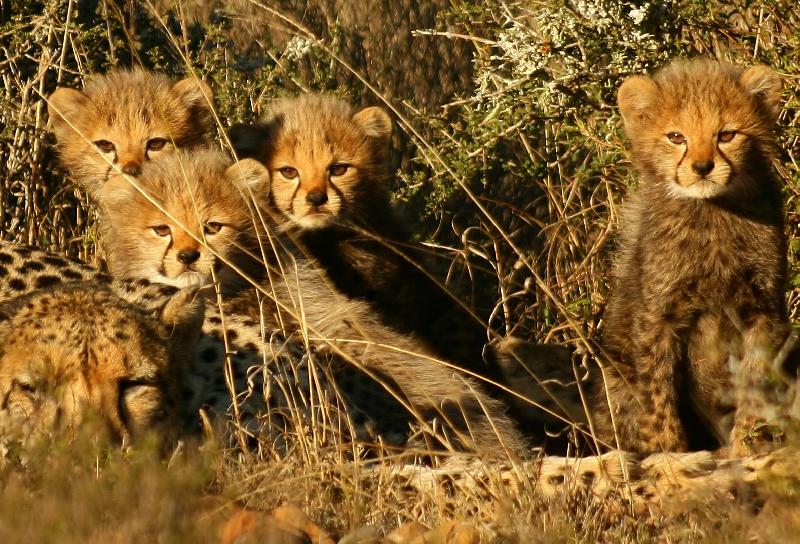
The Zoology department at Rhodes has an exciting programme of postgraduate research in wildlife that reaches right around the country and beyond. From Calitzdorp to Zululand, Winterberg to Limpopo, and even into Botswana and Zimbabwe, Rhodes students are making a significant contribution to the understanding, management and conservation of a number of wildlife species, some of which are on the endangered list.
Dr Dan Parker, lecturer and supervisor for many of the research projects, explains that the focus is on carnivore biology: the spatial ecology, habitat use and feeding habits of carnivores. There are currently nine postgraduate students in this area – eight Masters and one PhD – all being co-supervised by Dr Parker’s colleagues at Rhodes or at other universities.
The collaboration with other universities is important, especially those that have experience in this field. The group is made up mostly of female students, which is an interesting shift away from what was previously a male-dominated arena.
Jessica Watermeyer is conducting research on wild dog dispersal on the Kruger Western Boundary, surveying areas just outside the Kruger Park to assess threats to wild dogs outside protected areas. The question that needs answering is why they are not moving out of the Kruger into surrounding areas. This research is largely being sponsored by the Carnivore Conservation Programme of the Endangered Wildlife Trust (EWT), as wild dogs are the second most endangered carnivore in Africa after the Ethiopian wolf.
Siobhan Dyer is doing intensive research on assessment of cheetah habitat usage in the Timbavati Reserve, also on the western boundary of the Kruger. Dyer’s research will feed into the cheetah conservation work of the EWT. Another project is looking at the spatial ecology of leopards on private and provincial reserves, and here the Cape Leopard Trust is a significant partner. As part of the learning process, the students are encouraged to write their own proposals to a variety of possible funding sources.
Moving to local areas, the research focuses on jackal diets on both farming and non-farming land, as well as the role of caracal and how they are being controlled in farming areas.
To bring cohesion to the many research projects happening in such diverse sites, a Postgraduate Seminar Day is held once a year when all the students get together and there is also an annual Wildlife Colloquium organised by the department, to which all stakeholders and interested parties are invited.
In conversation with Dr Parker, it becomes evident that Rhodes is carving a niche for itself in carnivore research. “There is a lot we can offer our local reserves and conservation entities, but we are also spreading the net wider. There is no shortage of projects or applications from students - funding is the issue.”
He stresses that they are extremely indebted to local farmers, game reserve owners and the Indalo Private Nature Reserve Association for their support, facilitation and encouragement of the various research projects. He believes it is very important that students engage with land owners, communities and stakeholders to ensure that their research is useful, relevant and ethical.
For more in-depth information and news, go to www.wrmrg.co.za
